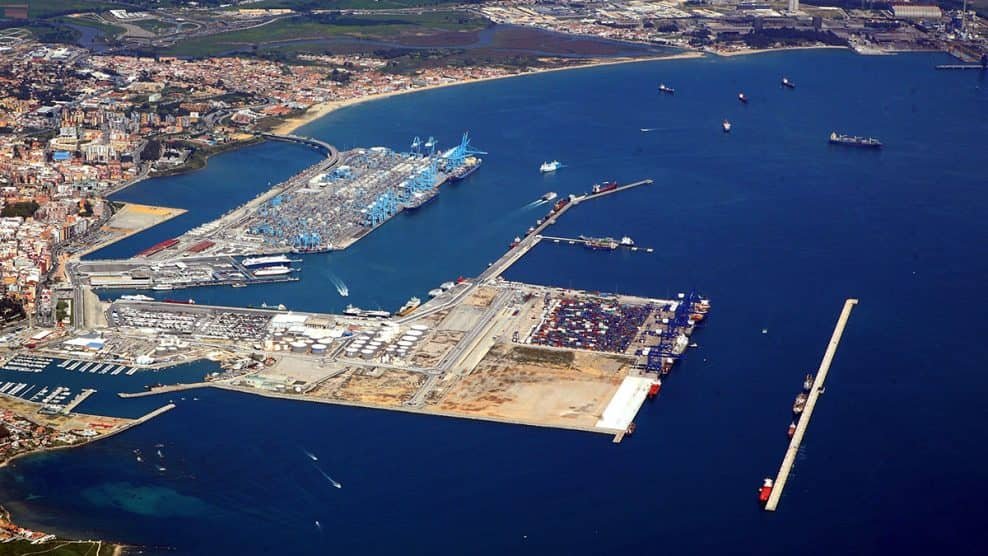Algeciras Port, located in the southernmost tip of Spain, is a bustling maritime gateway that plays a pivotal role in global trade, situated on the Bay of Gibraltar, this deep-water port has a rich history and has evolved into one of Europe's busiest ports, handling a wide range of cargo and serving as a vital link between Europe, Africa, and the Americas. This article provides an accurate and concise overview of the Algeciras Port, highlighting its significance, infrastructure, operations, and future prospects.
Strategic Location:
Algeciras Port benefits from its strategic location, serving as a key maritime gateway between the Mediterranean Sea and the Atlantic Ocean. Positioned at the crossroads of major shipping routes, it offers efficient access to the Strait of Gibraltar, a critical maritime passage connecting Europe and Africa. This location makes Algeciras Port an ideal choice for transshipment, providing a convenient hub for global trade.
Infrastructure and Operations:
The port boasts modern infrastructure and state-of-the-art facilities to handle a diverse range of cargo. It has numerous terminals specialised in various sectors, including containerised cargo, general cargo, and liquid bulk. The container terminal, operated by the leading terminal operator APM Terminals, is equipped with advanced technologies and has a significant capacity to accommodate some of the world's largest container ships.
Algeciras Port is renowned for its efficiency in handling transshipment cargo. The port's transshipment activities involve transferring containers from larger vessels to smaller feeder vessels, serving regional destinations in Europe, Africa, and the Mediterranean. This process allows for optimised logistics and cost-effective distribution of goods across multiple continents.
Economic Impact:
The port of Algeciras has a profound impact on the regional and national economies. It serves as a major employment hub, generating numerous direct and indirect job opportunities. Additionally, the port's activities contribute significantly to Spain's GDP and international trade. Its strategic position and efficient operations attract multinational companies, fostering economic growth and investment in the surrounding region.
Connectivity and Intermodal Integration:
Algeciras Port benefits from excellent connectivity, both by land and sea. It is well-connected to major European markets through an extensive network of highways and railways. Additionally, the port has developed strong intermodal capabilities, seamlessly integrating sea, rail, and road transportation modes. This intermodal connectivity facilitates the efficient movement of goods to various destinations, enhancing the port's competitiveness.
Future Prospects and Sustainability:
Recognising the importance of sustainability, Algeciras Port has implemented initiatives to reduce its environmental impact. It aims to optimise energy consumption, promote cleaner fuels, and invest in renewable energy sources. The port's commitment to sustainability aligns with global efforts to mitigate climate change and ensure a greener future for the shipping industry.
Looking ahead, Algeciras Port continues to expand and upgrade its infrastructure to meet growing demands. Expansion projects, such as the ongoing development of new terminals and increased capacity, demonstrate its commitment to providing efficient services and maintaining its status as a leading port in Europe.
Conclusion:
Algeciras Port stands as a strategic maritime hub, connecting continents and facilitating international trade. Its strategic location, modern infrastructure, and efficient operations have propelled its growth and prominence in the shipping industry. As it embraces sustainability and expands its capabilities, Algeciras Port is poised to play an even more significant role in global trade in the coming years.
36.130254, -5.439383

